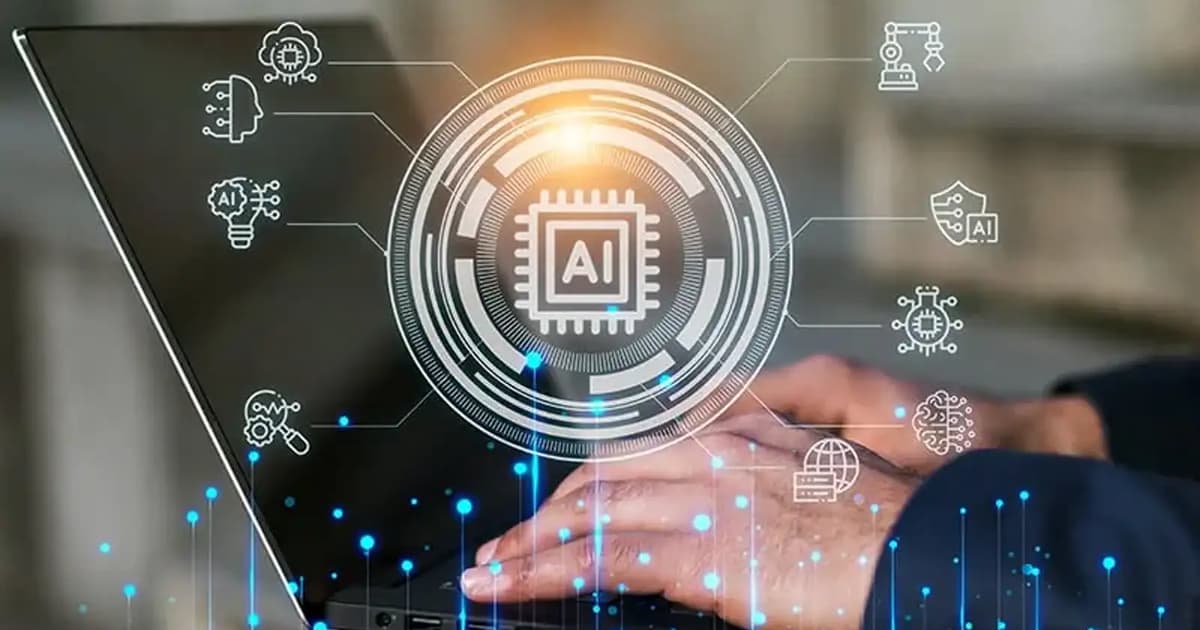
Between 54% and 59% of jobs in Asean will be significantly impacted by artificial intelligence (AI), with roles expected to be augmented, disrupted or insulated, according to a global non-profit organisation.
Peter Brimble, chairman and vice-president of the AI Asia Pacific Institute (AIAPI), said this was based on a research project carried out by the organisation in collaboration with LinkedIn.
“We’ve heard a lot about micro, small and medium-sized enterprises (MSMEs) and informal workers facing the highest exposure from the adoption of AI, but they are also facing the highest potential benefits.
“There are going to be significant inclusion gaps. Women, youth and rural workers, in particular, will be affected by this,” he told the Asean Green Jobs Forum 2025.
Brimble said that without intervention, especially in terms of skilling and upskilling workers, AI adoption could deepen existing inequalities.
According to AIAPI’s research, two-thirds of all Gen Z workers in Asean are expected to see their jobs change within a year.
Brimble warned that if young people are not trained to fully harness AI, they might move through higher education and into their careers without the skills needed for the future workforce.
He said the next two to three years would be a critical period for governments, businesses and educators to invest in skills development, inclusive policies and digital readiness to harness AI’s potential.
Brimble said AIAPI’s full report, to be released this week, would include a series of recommendations for governments and businesses.
These include expanding inclusive digital infrastructure to improve connectivity, and strengthening upskilling at all levels, from schools to universities and vocational training.
He also called for greater regional cooperation, including cross-border knowledge sharing and skills recognition frameworks, to help Asean prepare its workforce for the AI era.
Brimble emphasised the need to integrate gender and youth considerations into workforce policies, and to recognise the convergence between digital and green transitions.
“Future jobs will demand hybrid AI and green skills across sectors like energy, agriculture and manufacturing.
“Vocational training and lifelong learning must reflect this shift. Companies, educational institutions, and policy institutions, must come up with a coherent approach for policies to support workforce transformation,” he said.






